The weather is turning and the days are getting shorter. This means less daylight and sun exposure, (your best source of Vitamin D)! We tend to eat more comfort foods in the winter to keep the body warmer, and sometimes those very foods can be unhealthy ones, leading to compromised immune systems and inflammation. Here I share my top tips to keep you in tip top shape over winter. Enjoy!
- Eat Seasonally – Some nutrient-rich winter plant foods include: garlic, onion, parsnip, pumpkin, kumara, mustard greens, swiss chard and turnips. These root vegetables contain large amounts of stored nutrients for fall and winter. Remember, plants go through a life cycle of sprouting, leafing, flowering, fruiting and stockpiling nutrients in the roots. Also, the brassica family are great winter veggies, including: cabbage, broccoli, cauliflower, brussel sprouts, beetroot, celeriac, turnip and carrots.
- Eat Plenty of Fruits & Vegetables – Top up your immune system by eating antioxidant containing fruit and vegetables. Choose fruits and vegetables that are in season such as apples, grapefruit, potatoes, your brassicas and root veggies. If you can get five a day and one to two pieces of fruit a day, you can deliver vital nutrients to your cells and help boost immunity. I like to try to incorporate one in every meal or as a snack.
- Make a Casserole – Casseroles are easy, warming and can be very nutritious. You can include, beans such as chickpeas, kidney or black beans that are an excellent sources of protein, high fiber and low glycemic index, not to mention very affordable. A casserole with meat, veggies and a can of beans is a great way to boost your ability to fight disease.
- Use Your Crockpot – It’s hard to come home from work when you’re tired and it’s dark and cold outside. The last thing most want to do is gather ingredients to cook a meal. Instead, put everything into a crockpot before you leave for work and then by the time you get home, you’ll have a nice hot and hearty meal to enjoy, (so you don’t reach for the chips instead). I also like to use my crockpot to make bone broth, (see recipe from last month) a delicious and nutrient rich gut healing soup.
- Enjoy Soup – Soup doesn’t have to be complicated to be tasty. With lots of vegetables, beans or lentils and meat, soup is the perfect food to build up the immune system. Here is a favourite soup recipe: Coconut & Broccoli Soup, 3 cups Coconut Milk, 1 cup Water, 1 head Broccoli, 2 handfuls Spinach, 3 cloves Garlic, 1 Onion (chopped), 1/2 ts salt. Directions: Chop onion and garlic. Heat 1-2 tbsp extra virgin olive oil in large pot. Add onion, garlic and salt and saute until soft. Add coconut milk and water. On a low-medium heat bring to a gentle simmer. Add the broccoli, spinach and cook in hot milk until tender. Remove from heat and blend with either a stick blender or food processor.
- Watch Your Portion Sizes – It is very tempting to snack on foods, eat a large plate of food or even go back for seconds when you are indoors all evening and want to keep the body warm. To avoid eating too much try to eat your meals at the main table. This way, you don’t get used to eating on the couch or on your lap while watching TV which is a distraction. You need to concentrate on the food you’re eating, chew it well and enjoy it. You can also use smaller plates and fill up half your plate with vegetables.
- Drink Water – Even though you may not be as hot or sweat like you do in summer, you still need to drink enough water for your body weight, (30 mL per kilo). Don’t wait until you’re thirsty, as you’re already dehydrated by that point. You should make it a regular habit to keep drinking water throughout the day.
- Garlic – Garlic is one of my favourite foods to boost immunity. It is a disease fighter and adds so much flavor to foods. Garlic gives your immune system a huge lift if you let it stand for 10-15 minutes after it is chopped. If garlic is cooked right away, you don’t get the full health benefits.
- Vitamin D – In the winter we often don’t get the Vitamin D we need as the sun is shining for less hours and the angle is low. The sun is the best source of Vitamin D in the body, and 15 minutes of exposing the skin will give you the Vitamin D you need. Vitamin D is essential for maintaining calcium and phosphorus levels, enhancing immune function, controlling bone stores, nerves, muscle contraction and heartbeat. You can increase your food sources of Vitamin D, but I suggest you supplement over winter to ensure you’re getting what you need. Food sources include: salmon, sardines, yogurt, eggs, mushroom and sunflower seeds.


